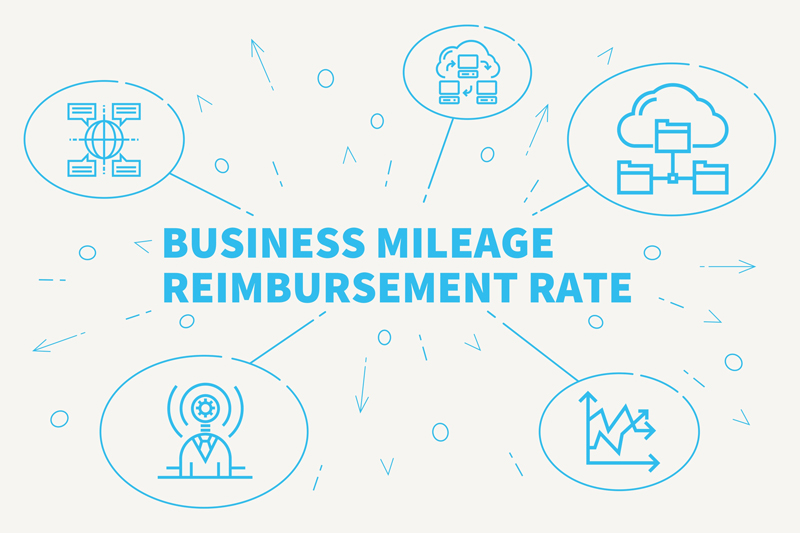On February 21, in McLaren Macomb and Local 40 RN Staff Council, Office, and Professional Employees, International Union (OPEIU), AFL–CIO, The National Labor Relations Board (“NLRB”) overturned its prior decisions in 2020 to announce that its current stance on severance agreement clauses that prohibit employees from making disparaging statements about their former employer in exchange for severance pay and other post-employment benefits. The Board also indicated that employers could not insert clauses in severance agreements that prohibit employees from discussing the terms of these agreements with other employees.
Section 7 of the National Labor Relations Act (the “Act”) is a federal law that protects employees’ rights to join or form unions and to engage in concerted protected activities to improve their working conditions.
The main issue presented to the Board was whether the employer violated the Act by offering a severance agreement to a bargaining unit that it had permanently furloughed. The agreement prohibited the employees from making any statement that could harm or disparage the “image” of the employer and also prohibited the employees from disclosing the terms of the agreement to anyone. Significant penalties were imposed for any employee who violated these terms. The Board ruled that these provisions violated the Act by preventing the employees from exercising their rights without regard to the facts and circumstances surrounding the employer’s decision to place the employees on furlough.
McLaren stands in sharp contrast to the Board’s prior decisions in 2020, Baylor University Medical Center and IGT d/b/a International Game Technology, which held that in addition to analyzing the severance agreement language itself, the Board must take into consideration other factors. In both cases, the Board noted that the complaint did not allege that the employees had been unlawfully discharged for conduct protected by the Act. The complaint also did not allege that the offers of severance pay were made under circumstances that would tend to infringe on the separating employees’ exercise of their Section 7 rights or those of coworkers. Accordingly, the Board found that the mere offer of the agreements containing these provisions was lawful in both cases. The Board dismissed similar cases outright in Metro Networks, 336 NLRB 63 (2001), and Shamrock Foods Co., 366 NLRB No. 117 (2018), citing no allegation that the employees had been discharged in violation of the Act.
Under McLaren, however, the Board has indicated that it is no longer required to consider whether the separation occurred in retaliation of an employee’s exercise of Section 7 rights. Merely offering a severance agreement containing provisions for confidentiality or non-disparagement in exchange for severance benefits to which the employee would not otherwise be entitled is now a violation of Section 7, regardless of whether the employee alleges that the termination itself was unlawful.
Employers should examine their current severance agreements to determine whether they contain any of these clauses, especially in a unionized environment, and seek additional guidance in this rapidly evolving area.
The labor and employment attorneys at Pickrel Schaeffer & Ebeling are here to assist you with severance agreements or any other related legal matters. Please don’t hesitate to contact kcurry@pselaw.com or (937) 223-1130.













